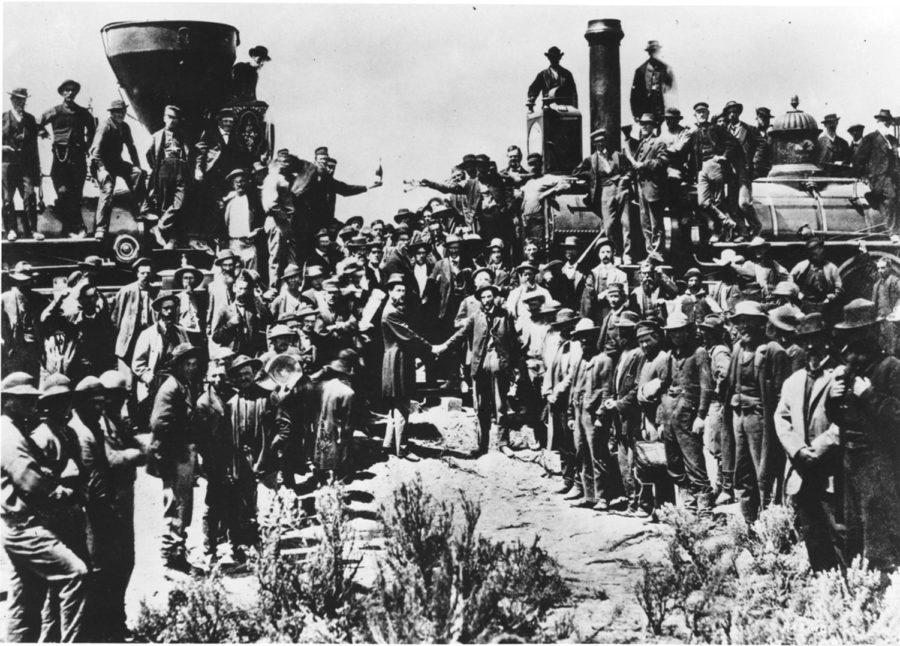Editorial: In 1862 or 2012, problems are always solvable
June 20, 2012
When Abraham Lincoln delivered his first presidential inaugural address outside the Capitol building in 1861, its dome was unfinished, surrounded by scaffolding. That year the United States was falling apart. State after state seceded from the Union as the Civil War was about to begin — a war that overshadowed Lincoln’s entire presidency.
Yet for all the great imperative crises of the four years in which Lincoln served as president, 1862 bore witness to what today might be considered a legislative miracle: 150 years ago, in the midst of the gravest national emergency any country, including our own, can pass through, Congress still managed to pass great legislation — legislation aimed at unifying our nation even as it was disintegrating.
Congress passed the Homestead Act to encourage Americans to settle and prosper in the fertile and expansive West. They passed the Transcontinental Railroad Act to link the old East to the new West, and help settlers pioneer the new territory. Congress enacted the Morrill Act, giving land to every state so institutions of higher learning could be created to put education within the grasp of ordinary citizens. Lastly, as troops mustered on both sides of the Potomac, Congress also established the Department of Agriculture to help feed the nation.
Granted, some of that legislative success was due to the fact that much of the opposition to these bills came from the southern states and thus evaporated when those states seceded, leaving the North to their own agenda. But a closer look at the political climate of the Civil War years shows that the North was just as divided as the Union itself was at the time. Nonetheless, as the sound of war drums echoed in the halls of Congress, our legislators 150 years ago thought ahead to the days when America would be whole and unified once more.
This year, 2012, is an important year. We are in an election year for the presidency and a host of other offices, and Republicans and Democrats alike are apt to say that the end is nigh if their candidates fail to win in November. In the minds of some, we teeter on the verge of irrevocable socialism; to others we totter at the brink of an elitism that benefits only the very rich.
Today’s crises cannot be nearly as grave as the ones we passed through in 1862. And despite the relative lightness of our own problems today — and none of our troubles now compare to those leading to the mutual killing of 625,000 Americans and the injury of 412,200 more — our Congress is unable to pass any legislation at all.
That inability cannot be due solely to the outrageousness of some of the demands put forth by certain Republicans and Democrats. Some of it is due to the arrogance and conceit of some members of Congress who refuse to accept anything that is less than ideal according to their own standards of political righteousness.
Most recently, for example, Senate Minority Leader Mitch McConnell, R-Ky., announced that Senate Republicans will filibuster all of President Barack Obama’s judicial nominations until after the election — a move that was pushed in part by Iowa’s own Sen. Chuck Grassley. While the Senate has the power to reject nominations, and should exercise that power when needed, rejecting all nominees as part of an election year ploy shortchanges the American people and feeds the partisan eels that devour the connections between all political participants.
Take a lesson from Lincoln and the statesmen of 1862 who served our country with him: We can do better.
We have to do better, lest a second American civil war become part of our future history.







